5 Key Differences Between Netflix and Hulu for Anime Fans
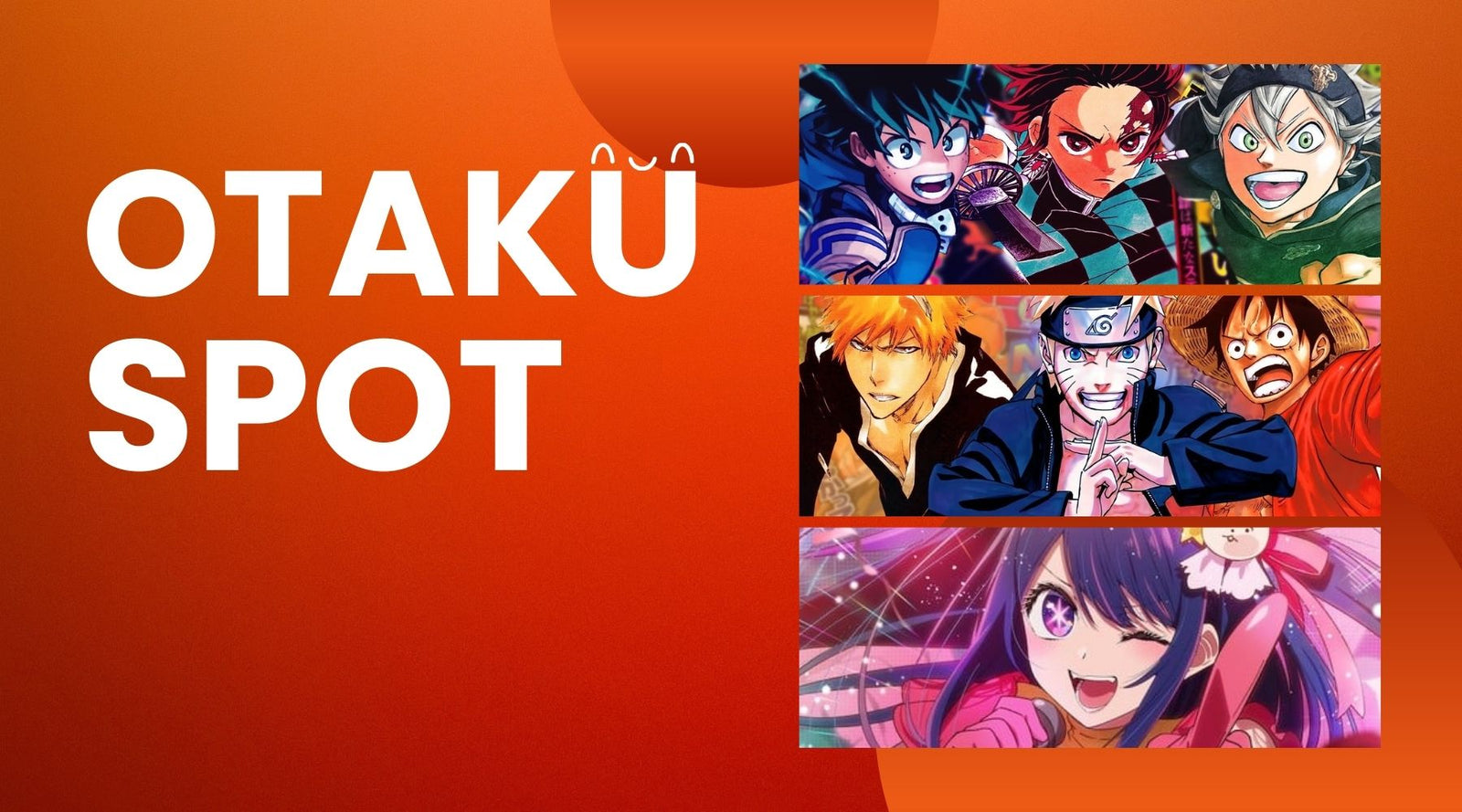
Anime is no longer just a niche hobby for the select few; it's a mainstream cultural phenomenon that has captured the hearts and minds of audiences worldwide. From iconic series like "Naruto" and "Attack on Titan" to emerging hits like "Spy x Family," the demand for anime content has skyrocketed. This surge in popularity has established Netflix and Hulu as two of the major contenders in the anime streaming market.
Anime’s rise in popularity can be attributed to several factors. One key reason is its accessibility through streaming services, making it easier than ever for fans to get their anime fix.
A study revealed that anime viewers are some of the most enthusiastic and loyal subscribers in the streaming world. In fact, roughly half of Netflix's global subscribers engaged with anime on its platform in 2021 alone (source). This has driven streaming giants to vie for dominance in the anime arena.
Netflix and Hulu have taken drastically different approaches to capturing the anime enthusiast's attention. Netflix has doubled down on exclusive and original content. Think about hit originals like "Cyberpunk: Edgerunners", "Onimusha", "Castlevania", and "Pluto".
This strategy has paid off, making Netflix a go-to for new and groundbreaking anime series (source). On the other hand, Hulu plays the field by offering an enviable library of non-exclusive anime titles. Hulu's strength lies in its comprehensive collection, including fresh installments and simulcasts from partnerships with giants like Crunchyroll, Viz, Sentai, and Aniplex (source).
This variety gives Hulu a significant edge when it comes to staying up-to-date with the latest anime episodes.
Overview of Key Differences
When comparing Netflix and Hulu for anime streaming, several key differences emerge:
-
Content Library and Variety: Hulu generally offers a larger selection of anime from a variety of sources, whereas Netflix focuses on exclusive and original productions (source).
-
Release Schedule and Simulcasts: Hulu shines with its near-instant access to new episodes and simulcasts, making it ideal for fans who want to stay current. Netflix, however, leans into a binge-watching model, releasing full seasons at once (source).
-
Original Productions and Exclusives: Netflix's investment in original content offers some of the most talked-about series, while Hulu capitalizes on exclusive streaming rights for highly popular shows (source).
-
User Interface and Viewing Experience: The categorization and discovery features on each platform differ, impacting how easily fans can find new or favorite series.
-
Pricing and Subscription Models: Both platforms have varied subscription tiers, with Hulu boasting an ad-supported lower-cost option and Netflix offering tiered pricing based on HD and Ultra HD access (source).
The battle between Netflix and Hulu for anime supremacy is a classic clash of quality vs. quantity, binge vs. simulcast, and original vs. tried-and-true. Each platform has its unique strengths, meaning that your choice might boil down to personal preference and viewing habits.
Stay tuned as we delve deeper into each of these aspects in the following chapters. Whether you're a casual viewer or a dedicated otaku, by the end, you'll have a clearer picture of which service might best suit your anime cravings.
1. Content Library and Variety
When it comes to diving into the world of anime, Hulu and Netflix have a lot on offer, but their approaches are significantly different. This chapter will break down the content library and variety of each platform, helping you decide which one suits your anime cravings best.
Hulu: A Broad Selection of Non-Exclusives
If you’re looking for sheer volume and variety, Hulu has got you covered. Hulu boasts a vast library filled with non-exclusive titles from major sources like Crunchyroll, Viz Media, Sentai Filmworks, and Aniplex.
What does this mean for you? More choice, plain and simple. Hulu’s expansive selection ranges from widely popular series like "My Hero Academia" and "Attack on Titan" to lesser-known gems, making it easier to find exactly what you’re in the mood for.
Hulu's dominance in the anime market is evident from its nine out of ten most in-demand anime titles in August 2023 (Parrot Analytics).
Netflix: The Exclusive and Original Enthusiast's Club
Netflix, on the other hand, is the shining beacon for original content. Netflix has invested heavily in producing exclusive anime series that you won’t find anywhere else.
Originals like "Cyberpunk: Edgerunners," "Castlevania," and "Pluto" have received critical acclaim and attention, making Netflix a destination for high-quality, unique anime experiences.
Though the size of Netflix's anime library is not as extensive as Hulu's, its curated nature means you're less likely to wade through less engaging shows (CNET).
Genre Variety and Specific Content
When it comes to genre variety, both platforms cater well to diverse tastes but with noticeable differences:
-
Hulu: Has a larger genre pool covering shonen, shojo, slice of life, and even niche categories like horror and josei. If you fancy digging through different styles and genres, Hulu offers a more extensive playground.
-
Netflix: While its library may be smaller, Netflix’s content often leans towards high production value and well-crafted narratives in genres like sci-fi, fantasy, and action. Netflix’s original productions add another layer of uniqueness, pushing the boundaries of what traditional anime offers.
For those who love a balanced diet of mainstream hits and underground treasures, Hulu’s broad selection is unmatched. If you’re more interested in exclusive content and high-quality original series, Netflix's focused approach might just be your cup of tea.
Whether it's Hulu's splendor of offerings or Netflix's curated gems, each service ensures you'll have plenty to binge-watch. Pondering which platform to subscribe to?
Stay tuned as we delve deeper into their release schedules and simulcasts in the next chapter!
2. Release Schedule and Simulcasts
When it comes to keeping up with the latest anime episodes, Hulu has a notable advantage. Hulu frequently offers simulcasts, meaning they release new episodes concurrently with their airing in Japan or very shortly thereafter. Anime enthusiasts who thrive on staying current with their favorite series will appreciate Hulu's consistency in this area.
For example, popular titles like "TRIGUN STAMPEDE" and "SPY x FAMILY" are available on Hulu almost immediately after they air in Japan (source). This approach not only keeps the excitement alive but also allows worldwide fans to engage in real-time discussions about the latest episodes.
Netflix's All-or-Nothing Binge Model
On the other hand, Netflix takes a different route with its binge-watch model. Netflix typically releases an entire season of a series all at once, which means fans have to wait longer for new content but get to devour it in one sitting when it finally arrives. This model has its perks, particularly for those who enjoy spending a weekend lost in a series without the frustration of cliffhangers.
For instance, shows like "Baki Hanma" and "The Seven Deadly Sins: Four Knights of the Apocalypse" are released in full seasons, allowing subscribers to binge-watch to their heart's content source.
Impact on Viewer Experience
The difference in release strategies between Hulu and Netflix significantly impacts the viewing experience. Hulu's simulcast approach keeps fans up-to-date and allows them to partake in ongoing conversations and predict upcoming story arcs with others.
This can foster a sense of community and make viewing more engaging and dynamic. Conversely, Netflix fans often miss out on these experiences, waiting months for a full season drop.
However, once available, the ability to binge-watch can be highly satisfying, offering a sense of narrative completion and avoiding the week-to-week cliffhanger suspense.
Staying Up-to-Date
For those who prioritize staying current with their anime, Hulu’s simulcasts provide an edge by aligning closely with Japanese airing schedules. The near-immediate availability of episodes helps ensure that fans don’t miss out on the latest trends and plot twists as they happen in real-time.
The Joy of the Binge
However, if you are the type who hates waiting week to week for new episodes, Netflix’s full-season releases are a godsend. This model supports a more immersive experience, letting you watch entire storylines without interruption. Series like "Beastars" and "ULTRAMAN: Rising" become binge-worthy marathons instead of spaced-out entertainment source, source.
Final Thoughts on Release Schedule and Simulcasts
Choosing between Hulu and Netflix for anime streaming comes down to personal preference in viewing habits.
If you’re all about instant access and staying in sync with Japanese releases, Hulu’s simulcast model might be the better choice.
But if you find joy in absorbing entire seasons at once, Netflix’s binge-watch strategy offers unparalleled satisfaction. Remember, there’s no wrong choice here, and depending on your anime consumption style, either platform can cater to your needs brilliantly. source, source
3. Original Productions and Exclusives
Netflix has embraced the anime world with gusto, crafting a niche for itself in original productions. With household names like "Devilman: Crybaby," "Beastars," and the visually stunning "Violet Evergarden," the platform has transformed into a hub for fresh and inventive anime content.
Netflix Originals often take daring creative liberties absent in mainstream productions, making them a must-watch for fans seeking new twists and turns [source: Times of India]. These exclusive titles stream globally on Netflix, positioning the platform as a significant influence in the international anime scene[source: Wikipedia].
Furthermore, Netflix's investment isn't sporadic. The company continues to dive deeper into the anime realm with upcoming titles, amplifying its repository of exceptional and unique content.
Hulu's Exclusive Streaming Rights for Certain Popular Series
Hulu, meanwhile, isn't lagging behind in the anime race. Although it doesn't pour resources into creating its anime, it has secured exclusive streaming rights for several well-loved series. "Naruto Shippuden," "One-Punch Man," and the ever-popular "Attack on Titan" are some of the big guns in Hulu's arsenal.
This strategy of grabbing exclusive streaming rights gives Hulu a distinct edge, especially among fans of these mainstream mega-hits[source:Wikipedia]. Unlike Netflix, Hulu focuses on streaming existing popular series that fans consistently return to.
This means less reliance on original content creation and more emphasis on grabbing what's already successful—a safe but fruitful bet in the anime world.
Quality and Reception of Platform-Specific Anime Content
Quality does differ between these streaming giants, and opinions vary based on individual tastes. Netflix Originals often boast high-quality animation and storytelling, thanks to significant budgets and creative freedom.
Their anime productions compete on a global scale, attracting attention from both critics and fans[source:CNET]. On the flip side, Hulu's acquired series are usually already proven hits, ensuring their reception is favorable and unwavering.
However, since Hulu relies on existing fanbases, it lacks the groundbreaking innovation found in Netflix Originals [source:Wikipedia]. This approach keeps Hulu's anime quality steady and predictable.
Conclusion
While Netflix dazzles with its original productions and creative narratives, Hulu stays grounded with its beloved, consistent series. For anime enthusiasts, it all boils down to preference:
Do you crave fresh, boundary-pushing content, or do you prefer the comfort of time-tested hits? This choice shapes your journey through the animated worlds these two giants offer.
4. User Interface and Viewing Experience
When it comes to finding your next favorite anime, Netflix and Hulu take different approaches to categorization and discovery features.
Netflix
Netflix uses a highly specialized algorithm to suggest what you might enjoy based on your viewing history. It also has secret codes that can unlock anime subcategories like Adult Animation and Anime Sci-Fi for those who love to dig deeper.
For example, using the code 7424, you can access a comprehensive list of anime offerings on Netflix (source). These tailored recommendations and hidden categories make discovering new content a breeze, especially if you're already deep in the anime world.
Hulu
Hulu's categorization is more traditional. Anime titles are often split between subs and dubs as separate listings due to varying rights or distributors (source).
This can be a hassle if you prefer to switch between subbed and dubbed versions but ensures a straightforward and easy-to-navigate library for those who know what they’re looking for.
Video Player Functionality and Streaming Quality
Netflix
Netflix's video player offers a sleek and user-friendly experience. It supports HDR settings by default, which enhances the viewing experience with richer colors and deeper contrasts.
For instance, fans comparing versions of "Kimi ni Todoke" noted Netflix's edition had a deeper and more vivid color palette due to these settings (source).
Hulu
Hulu’s player, while functional, doesn't support HDR out-of-the-box, resulting in a more straightforward viewing experience.
Some users have noted that Hulu’s streams can appear more washed out compared to Netflix’s, which can sometimes align better with the aesthetic of older shows (source).
Dub vs. Sub Availability
Netflix
Netflix generally has a more integrated approach, offering both dubbed and subbed versions within the same title. This makes switching between languages hassle-free, allowing you to choose based on mood or preference at any given time.
Hulu
On the other hand, Hulu’s approach to dubbed and subbed versions can create a fragmented viewing experience. Subs and dubs are often listed as separate entries, making users hunt for the specific version they desire (source).
Final Thoughts on Interface and Experience
Ultimately, the choice between Netflix and Hulu can come down to personal preferences for user interface and viewing quality. Netflix's polished presentation and seamless toggling between subbed and dubbed versions are ideal for those who crave a high-tech, easy-to-navigate experience.
Conversely, Hulu’s straightforward layout, despite its quirks, offers traditionalists a comforting familiarity that doesn’t overcomplicate the watching process.
Next up, we will dive into pricing and subscription models, evaluating how these two anime powerhouses fare on the budget front and what additional perks they bring to the table. Stay tuned, anime aficionados!
5. Pricing and Subscription Models
Subscription Costs for Netflix
Netflix keeps things pretty straightforward with its three-tier subscription model. The plans are:
-
Standard with Ads: $6.99/month - This plan offers a cheaper entry point but includes advertisements. However, it provides Full HD streaming and allows viewing on two devices simultaneously. Source
-
Standard: $15.49/month - Get rid of the ads and enjoy Full HD streaming. This plan also allows for two simultaneous streams and downloading on two devices. Source
-
Premium: $22.99/month - If you're after Ultra HD and the capacity to stream on up to four devices simultaneously, this plan is for you. Plus, you can download shows on up to six devices. Source
Additionally, Netflix offers an option to share your account with extra members for $7.99/month per member, but this is only available with the Standard and Premium plans. Source
Hulu's Subscription Model
Hulu offers a bit more variety with its subscription options. Here's what you can choose from:
-
Hulu (With Ads): $7.99/month - This plan includes commercials and gives you access to Hulu’s vast streaming library. Source
-
Hulu (No Ads): $14.99/month - Add a little more cash to skip the ads. Most shows and movies are ad-free, but a few exceptions (due to streaming rights) may still show limited ads. Source
For those who crave more, Hulu also offers the Hulu + Live TV plan. At $77/month, this combines the on-demand library with over 75 live TV channels, including Disney Plus and ESPN Plus at no extra charge. Source
Additional Features and Benefits
Netflix Perks
Joining Netflix brings some nifty perks along with it:
-
Download feature: You can download content to watch offline on iOS, Android, or Windows 10 devices.
-
Mobile games: Access to a variety of mobile games for downtime fun.
-
Spatial audio: Especially for Premium plan members, enjoy enhanced audio for select content. Source
Hulu Extras
Hulu sweetens the deal with a few neat features:
-
Unlimited DVR: With Hulu Live TV, you get unlimited DVR storage to record your favorite shows.
-
Live Sports and News: Access to live sports and news channels with Hulu Live TV.
And let's not forget the stellar combination of Disney Plus and ESPN Plus in the higher plans. Source
Conclusion
When it comes to pricing, both Netflix and Hulu offer something for everyone. Netflix's tiered plans are straightforward, whereas Hulu gives you the flexibility of an ad-supported or ad-free experience, and a more premium Live TV combo. Your choice will ultimately hinge on whether you prefer Netflix’s strong original content and multi-device perks, or Hulu’s diverse content library and live TV options.
Final Verdict
Choosing between Netflix and Hulu for your anime fix can be as complex as picking your favorite Pokémon. Each platform brings something unique to the table, catering to different needs and preferences.
Hulu: This green giant has a larger selection of non-exclusive anime titles, perfect for those who love variety.
Hulu's ace card is its ability to offer simulcasts and recent releases, keeping you up-to-date with the freshest episodes (GameFAQs). However, unless you're willing to fork out for the ad-free plan, you'll have to watch with commercial interruptions (Contra).
Netflix: The red giant focuses more on exclusive and original anime content. If you're into binge-watching, Netflix’s 'all-at-once' release model is a dream come true. Quality originals like "Devilman: Crybaby" and "Violet Evergarden" keep the viewers hooked (CNET).
The downside? You might have to wait a little longer for new seasons, as Netflix releases them in bulk.
Different Types of Anime Viewers
Casual Viewers
If you're just dipping your toes into the anime world, Hulu might be the better choice. Its broader selection caters to a wide range of tastes, making it easier to find something that piques your interest.
Plus, Hulu's ad-supported plan is a budget-friendly option if you don’t mind the occasional commercial break.
Dedicated Fans
For hardcore anime aficionados, Netflix’s original content and binge-watch model are a massive draw.
The platform’s investment in high-quality productions means you get to enjoy visually stunning and compelling anime series. Opt for the higher-tier plans if you want to enjoy these shows in glorious 4K with no interruptions.
Maximizing Anime Viewing Options
Why choose, when you can have both? Using both Hulu and Netflix could be your ticket to anime paradise. Hulu keeps you in the loop with ongoing series and simulcasts, while Netflix provides a treasure trove of binge-worthy originals.
-
Hulu: Stay current with the latest episodes and enjoy a vast library of anime from various sources.
-
Netflix: Dive deep into original and exclusive titles, available for binge-watching in high quality.
Both platforms offer unique perks, so maximizing their use will give you the best of both worlds. Whether you’re a casual viewer or a die-hard anime fan, there’s bound to be something for you on both Hulu and Netflix.
Ultimately, your choice will depend on your anime viewing habits. Do you prefer to stay updated with the latest series, or are you all about the binge experience? No matter what, both Netflix and Hulu ensure that your anime cravings will be well taken care of.




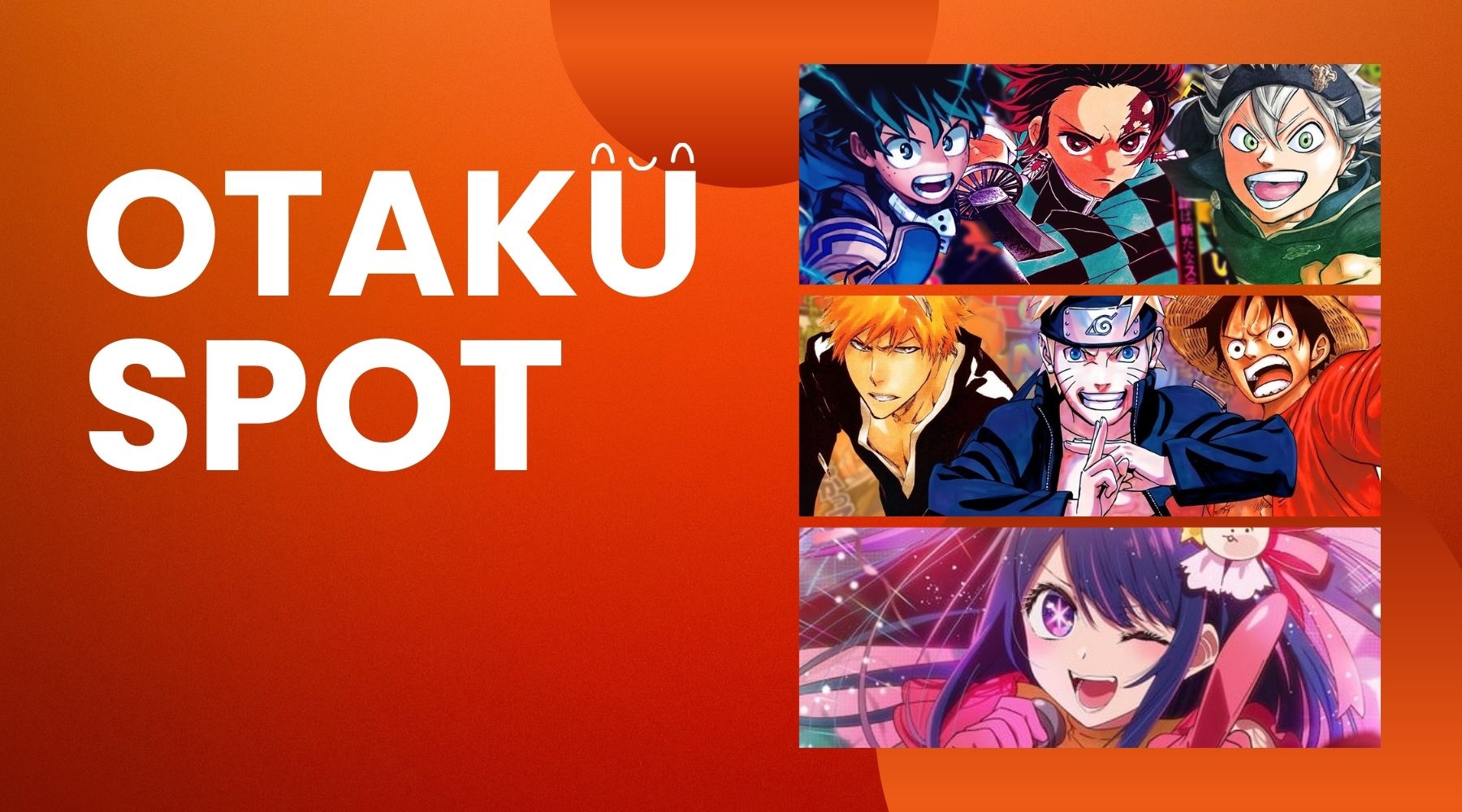
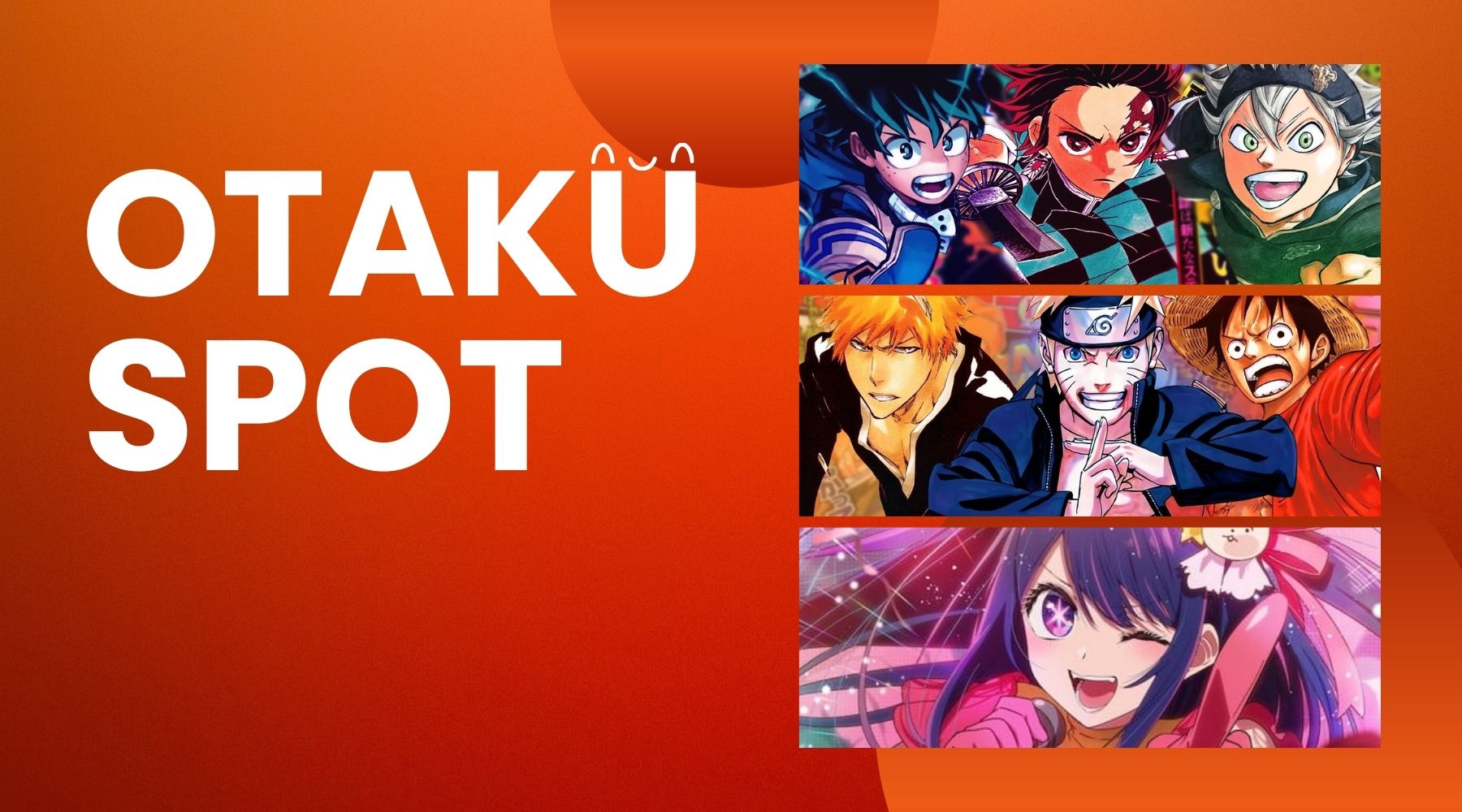
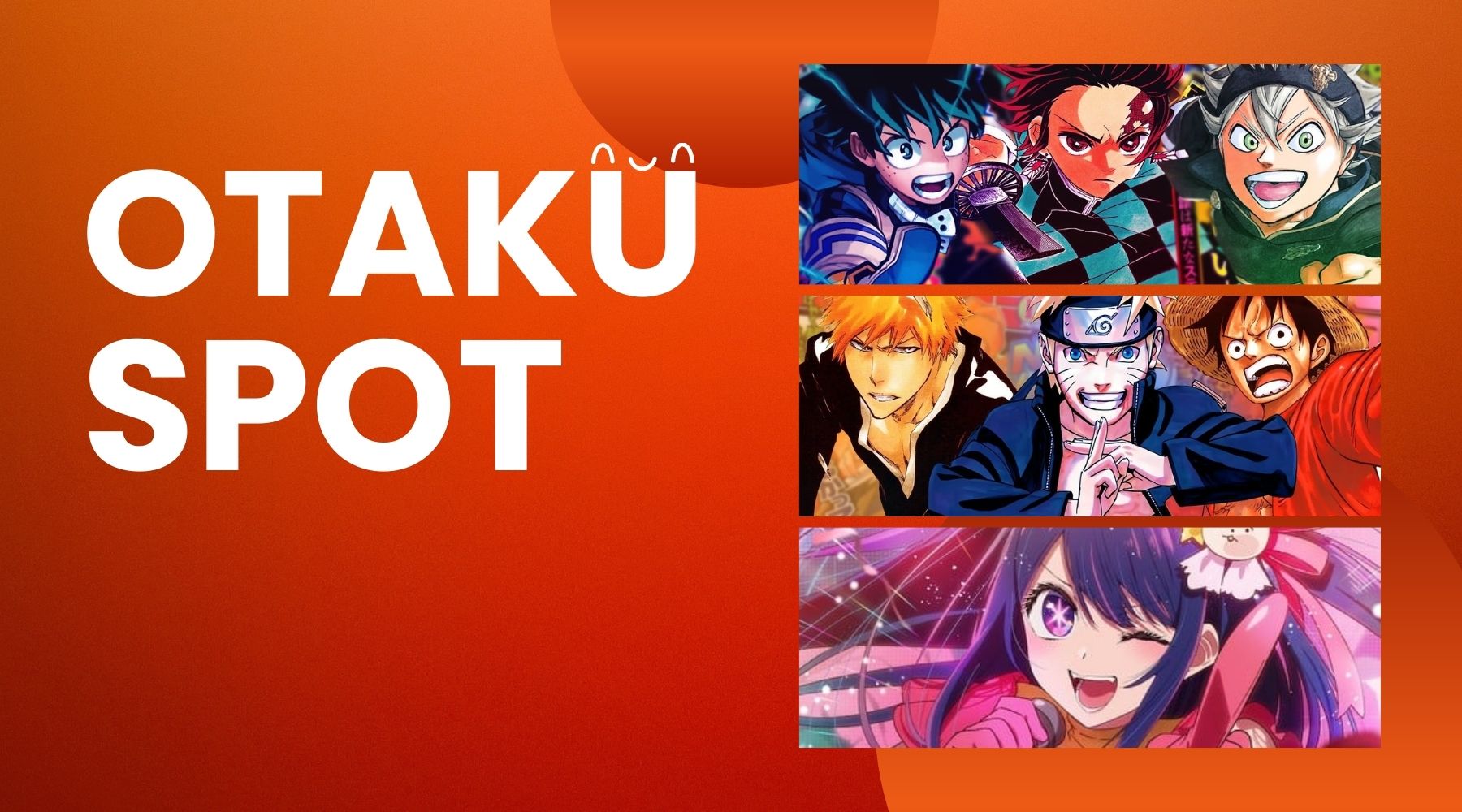
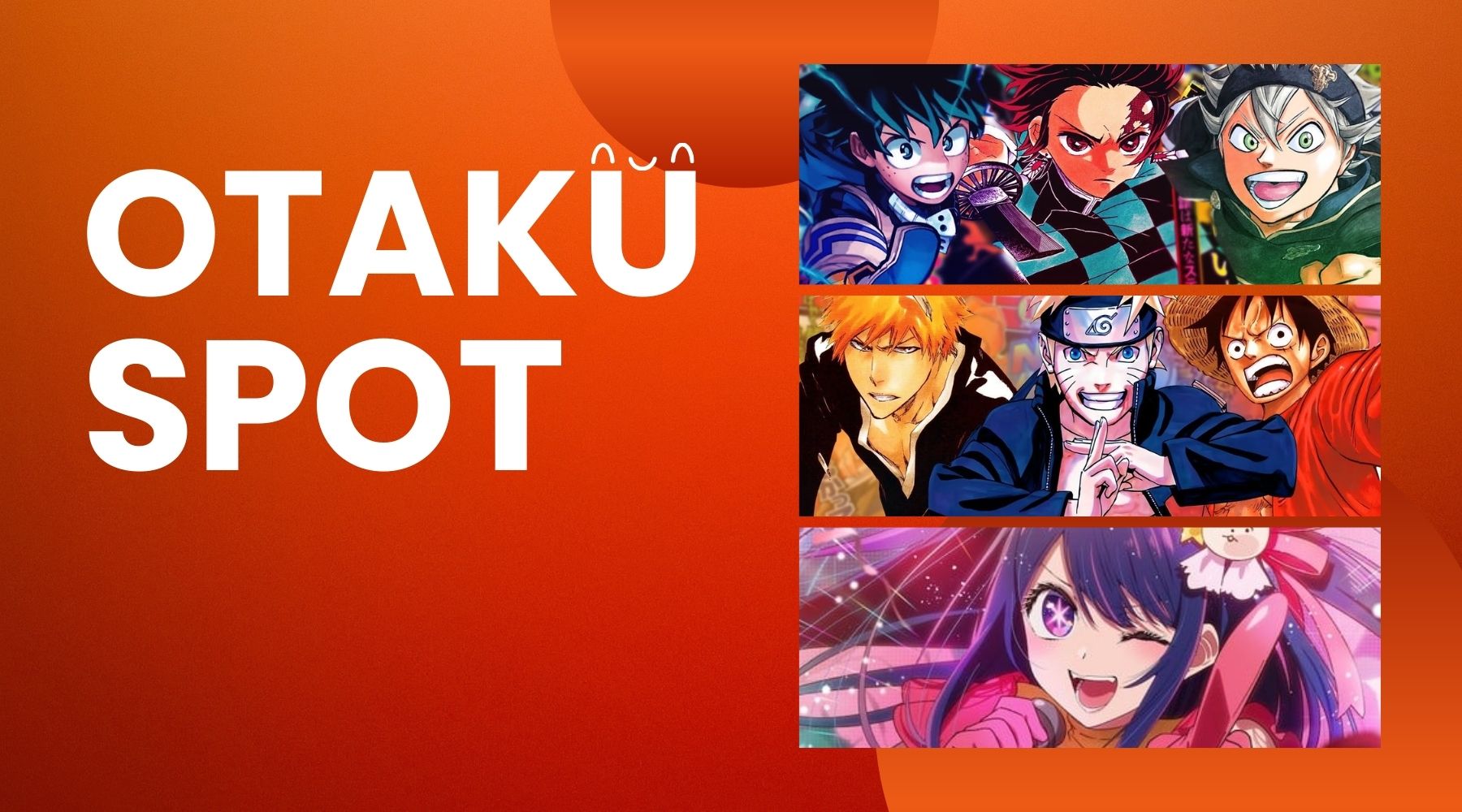
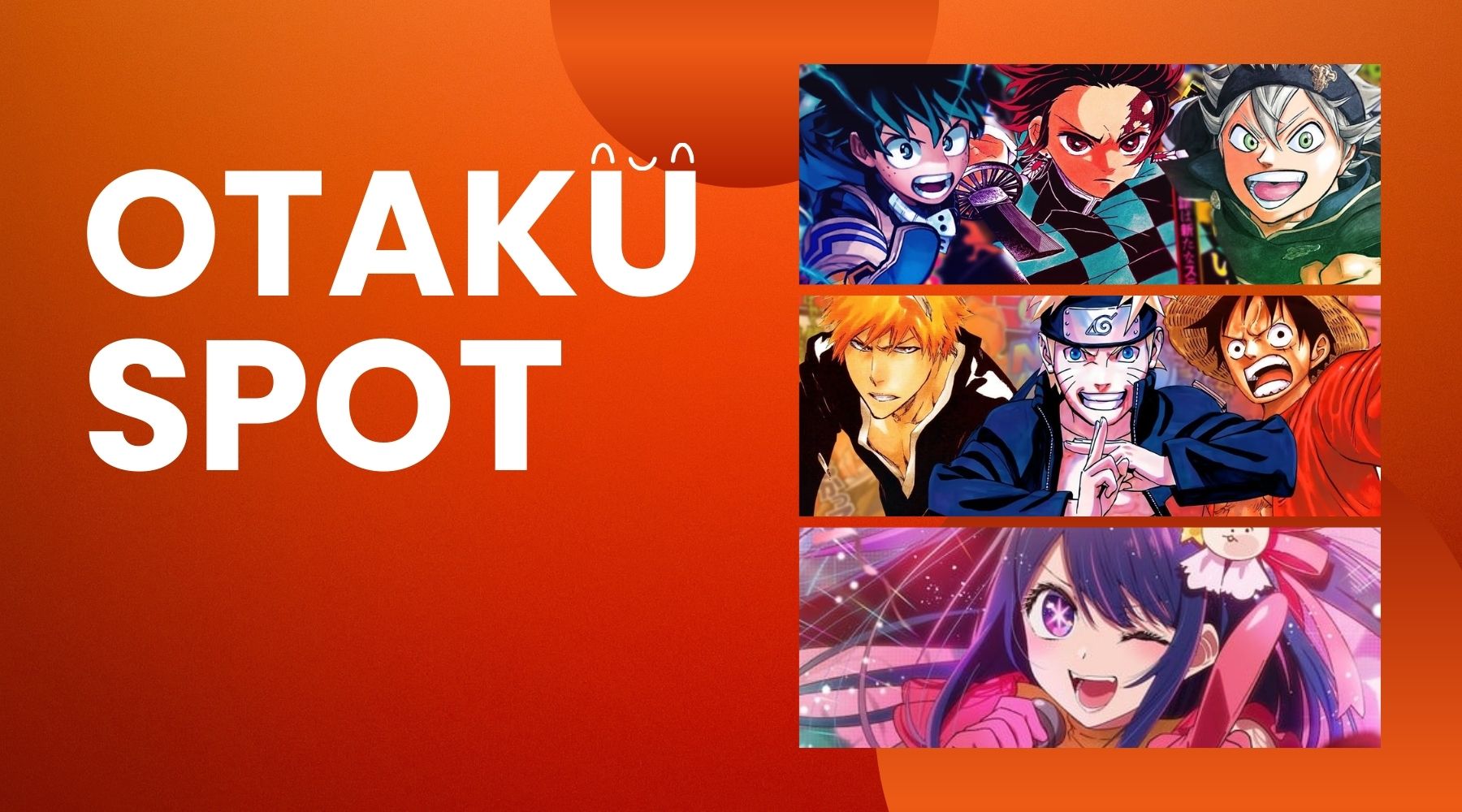
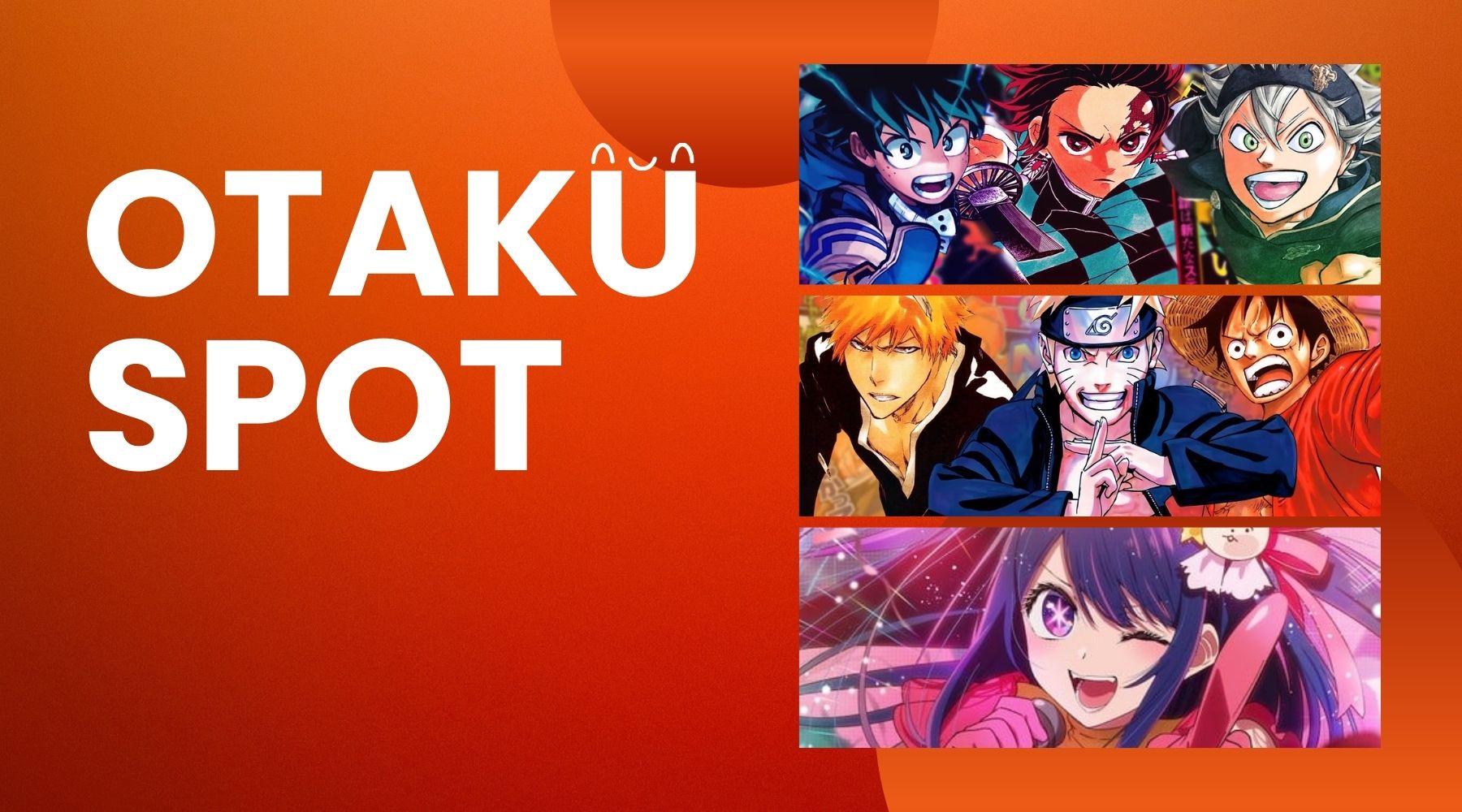


















Leave a comment